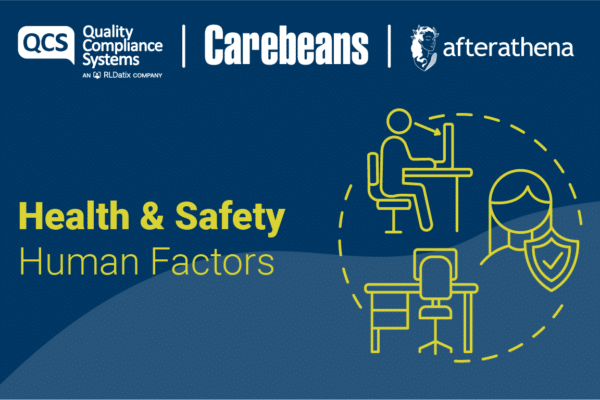This is an important question for care homes because perhaps if we understood this better we could prevent the development of malnutrition more effectively. And a look at the nutrition literature indicates that there have been few studies that have looked specifically at what risk factors may underlie a decline in nutritional status over time in care homes.
However, a study just published in Journal of Advanced Nursing in nursing home residents in Austria over a period of 1 year looks at just this subject. Data on weight, height and weight loss, as well as care dependency, was collated from an annual multicentre survey of nursing home residents. Complete data was available for 157 older residents (average age 84 years old, around 75% with dementia) who had taken part in the survey for two years in a row so the researchers could compare baseline data on nutrition status with that collected a year later. Risk of malnutrition was identified with similar criteria to the MUST tool i.e. low BMI, unintentional weight loss and no or decreased nutritional intake.
Malnutrition risk at admission could be an important indicator for declining nutritional status
The authors reported that whilst 6.5% residents improved nutrition status, 23% of residents showed a decline after a year. They identified several factors associated with this decline in nutritional status notably care dependency (as defined by Care Dependency Sore), length of stay, and in particular malnutrition risk at baseline. The authors concluded therefore that early and effective identification of residents at risk is key.
We know that combined with disease, malnutrition puts residents at risk of an accelerated downward spiral of poorer clinical health and quality of life; malnutrition often worsens disease which in turn worsens nutritional status. Preventing malnutrition at an earlier stage can facilitate the prevention of this downward spiral, and it is important to actively support and promote nutrition rather than waiting for overt signs of malnutrition to appear before action is taken.
Early identification, assessment and treatment is key
This study has considerable limitations principally because it is a secondary analysis of standard collected data, rather than a specifically designed study to investigate the study question. However, it adds to the body of evidence that suggests early identification, assessment, and treatment of weight loss and nutritional deficiencies may prevent the development of malnutrition in care homes. This may be particularly important in those with or become functionally impaired or care dependent.






